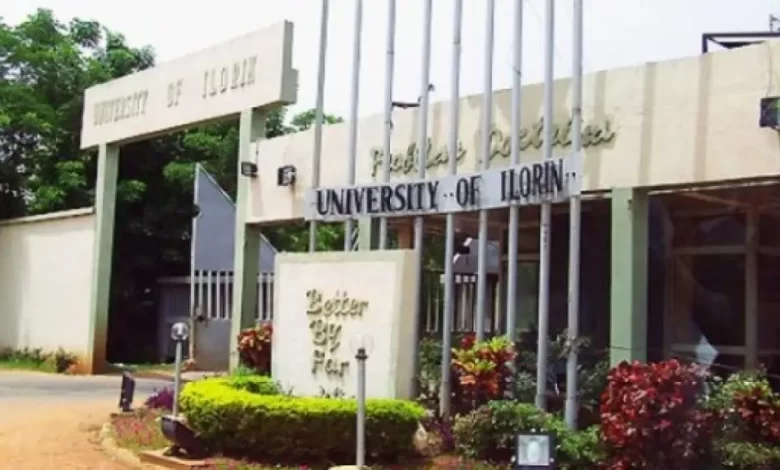Unilorin Student Commit Suicide Over Economic Hardship

By Omowumi Omotosho
A 200-level Mass Communication student at the University of Ilorin has tragically killed himself, allegedly due to financial struggles brought on by the current economic crisis in Nigeria.
The student, whose name has been withheld, was found lifeless in his residence in the Oke-Odo area of Tanke, Ilorin. Reports indicate that he ingested a poisonous substance while his roommate was away attending lectures.
“We just returned to find a suicide note that explained his inability to cope again and decided to take the substance and died,” a friend who preferred anonymity stated.
Friends and colleagues revealed that he had been grappling with severe financial difficulties, which ultimately drove him to take the extreme step. A handwritten note discovered at the scene reportedly detailed his distress and inability to cope any longer.
Before his death, the student maintained an impressive academic record, boasting a Cumulative Grade Point Average (CGPA) of 4.5.
A university source disclosed that he had been solely supported by his widowed mother, a retired school teacher, following the loss of his father a few years ago.
According to one of his roommates, the deceased had been battling financial instability since resuming studies last year.
“We have been assisting in our own little way by contributing some funds for his tuition fees and buying foodstuffs for him,” a colleague informed,” he said.
In a related development, another student from the same department narrowly escaped a similar fate on Monday evening. Passersby reportedly intervened just in time to prevent him from taking his life by hanging in a secluded area on campus.
A senior university official, speaking anonymously, confirmed the incident and described the rising cases of student suicides as alarming and deeply saddening.
The rescued student was immediately taken to the institution’s medical center, where he is currently receiving treatment. The tragic incidents have sent shockwaves through the university community, prompting urgent discussions on mental health and financial support for struggling students.





